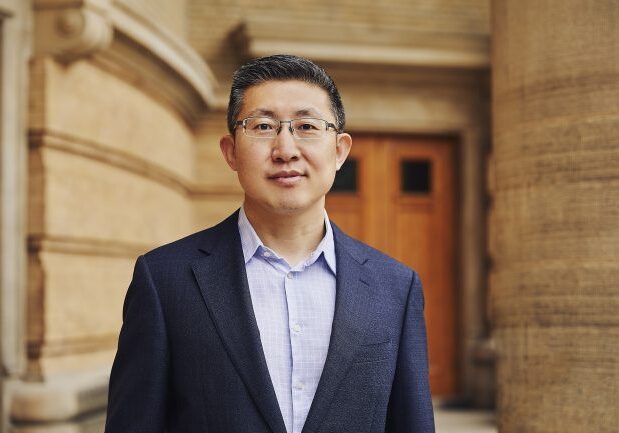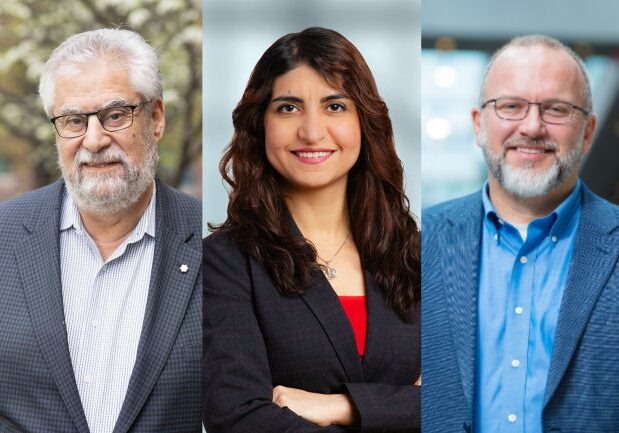
Two CREATE grants support training programs in organ rejuvenation and repair, and equitable care for heart failure
Programs will be led by Professor Michael Sefton (BME, ChemE) and co-led by Professors Azadeh Yadollahi (BME) and Craig Simmons (MIE, BME)
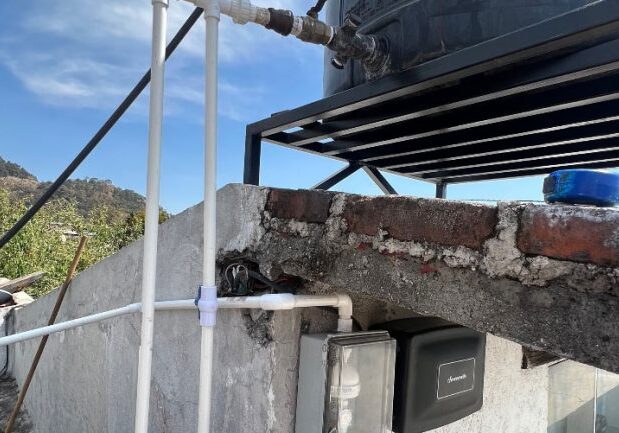
How solar-powered technology could enhance rainwater harvesting in Mexico
Ultraviolet light from LED systems could be used to inactivate pathogens in rainwater harvested in rural or peri-urban areas
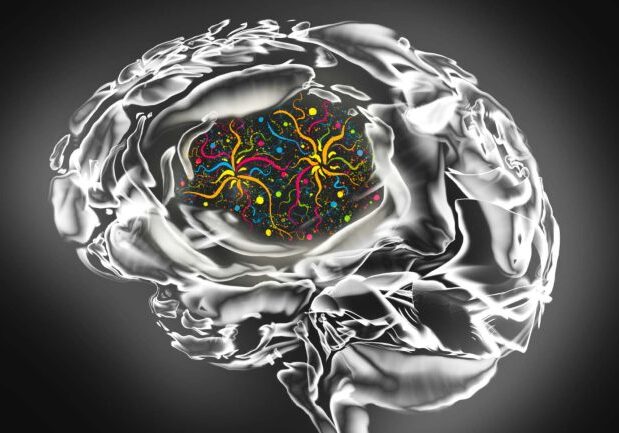
Robotic nano-surgery shown effective at treating aggressive brain cancer in mice
U of T Robotics and SickKids researchers are using nanorobotic swarm surgery to treat glioblastoma in multiple in vivo mouse trials
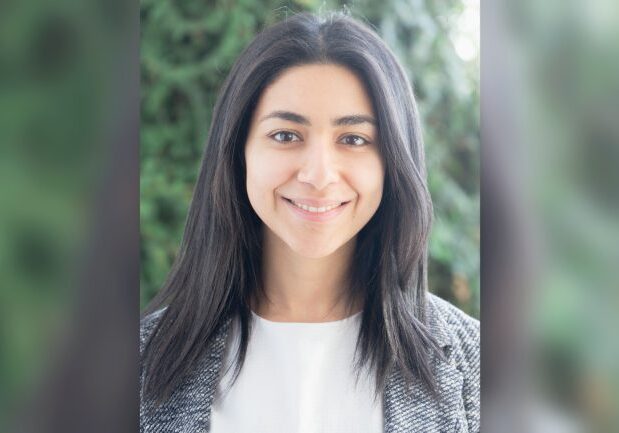
U of T Engineering student receives 2023 Adel S. Sedra Distinguished Graduate Award
Sara Ahmed (BME PhD/MD candidate) recognized for exceptional achievements and dedication to academic pursuits, research and outreach initiatives

New study explores ways to reduce second- and third-hand THC exposure from indoor cannabis smoke
A lab group led by Professor Arthur Chan (ChemE) is working to understand the consequences of indoor air pollution from cannabis smoke
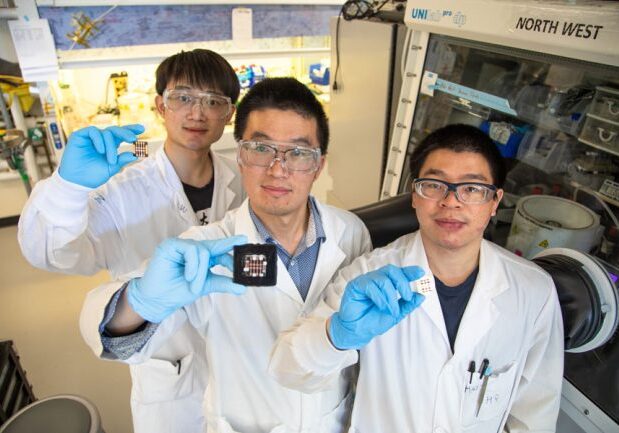
Researchers from U of T Engineering create triple-junction perovskite solar cell with record-breaking efficiency
Prototype device advances an emerging photovoltaic technology that provides an alternative to conventional silicon cells
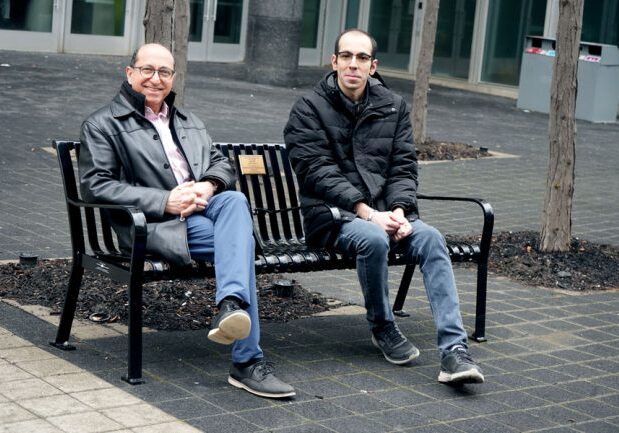
Quantum-inspired solution more than doubles the efficiency of telecommunications network modernization
Using a U of T–Fujitsu quantum-inspired tool, Professor Shahrokh Valaee and grad student Mohammad Javad-Kalbasi optimize the process of circuit migration in legacy telecommunications networks


